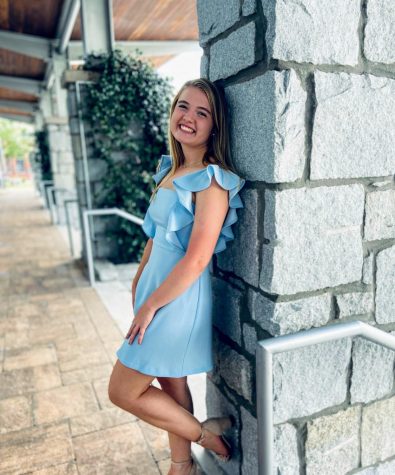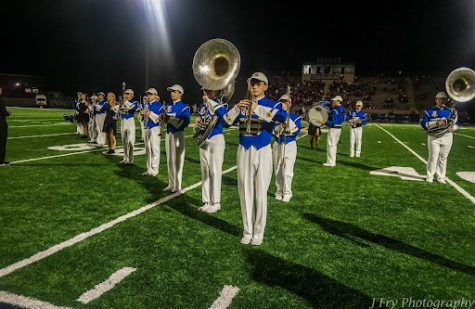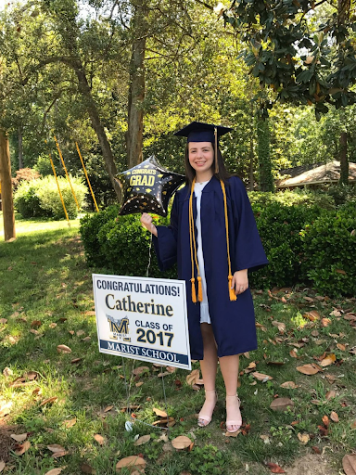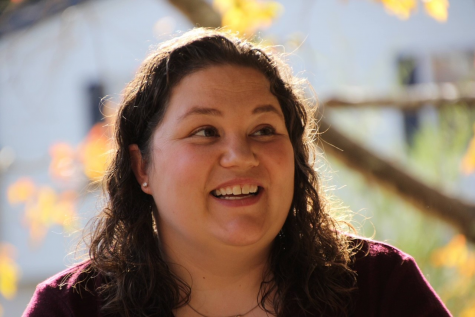Marist: Spain Edition!
I found the small number of sports in Spain very interesting. This smaller number of sports creates a bigger focus on improving in one sport and joining a club team.
Photographer: Kathryn Taylor
Marist students and their Spanish exchange students after the football win against Denmark!
Dec 16, 2019
The more and more I talked with my Spanish Exchange student Anna Guillen, one of the students who joined the Marist community for 10 days from Barcelona, the more I realized I should be writing down a comparison between each of our daily lives, so I sat down, and began to ask more about her day to day life in Spain.
The most obvious difference that appeared when we began to talk was the difference in school schedules. In Spain, it is more normal to wake up and have a light breakfast – cookies and some coffee – instead of a heavy breakfast like we are used to. Then around 11 a.m., after three classes, the students eat a bigger snack at school. This break is the equivalent of our mid-morning break for homeroom or office hours. Then, they finish up the day with three more classes and get out around 2 or 3 p.m. Finally, after school, the students would head home and eat lunch.
Additionally, the workload is drastically different. As I talked to Anna and most of her friends, they explained how the students in Spain do much less, if any, worksheet-based homework every night, but are instead expected to study every night. This is checked by many long exams throughout the term. Even while she was in the U.S. for only 10 days, she was missing exams, and some exchange students had to take their exams prior to their arrival in the U.S. Personally, I think this approach is a good way to keep students in check without overloading them with homework so that the students can go out with friends or participate more fully in sports.
Finally, I found the small number of sports in Spain very interesting. This smaller number of sports creates a bigger focus on improving in one sport and joining a club team. Anna played basketball after school, but as she added more difficult, rigorous classes to her schedule, she realized she needed to focus more on her studies and spending time with her sister. In order to do so, she quit basketball. While Anna quit basketball, many of the students I talked to still love and play their individual sport, whether it is dance or synchronized swim! It was so much fun to get to know a Marist student and learn about her life in a very different culture!








